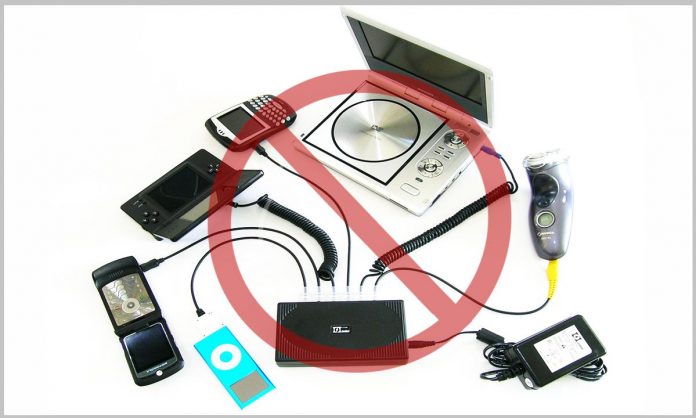Why Do Electronics Die all
of a Sudden or Over a
Long Period of Time?
Why Do Electronic Devices Die?
We wonder why the electronic devices stop working after some period. Keyboard key switches rated for 10 million presses or military class motherboards won’t last forever. Why can’t the modern technology electronic devices last indefinitely? Electronics have many points of failure that can lead to their untimely death. Let us start with capacitor failure capacitors are those small cylindrical things sticking out of your PCB(Motherboard part) and since their job is to store and release electricity.
They contain electrolytes that conduct current and although many capacitors can last for decades without any problems some especially cheaper ones and especially ones that use liquid electrolytic chemicals instead of solid ones can leak or burst over time. We see temperatures fluctuate materials tend to expand and contract.
Let us take an example how sidewalks crack when the weather changes. Certain things on a circuit board can act similarly especially the soldering points which are crucial for keeping everything physically connected over time many cycles of heating up and cooling down as your electronics turn on and turn off or go from idle to load can cause these connections to weaken. Heat can also result in damaging consequences on a microscopic level. It can cause silicon atoms in your GPU or CPU to relocate over time, and it also accelerates a naturally occurring phenomenon known as electromigration that happens in the nanoscale copper traces that are found on your processors.
Even though we often think of electricity as a form of energy moving somehow through wires current is the physical flow of electrons that means that even though they are subatomic, they still do have mass. They do not visibly spin like a fan, but even a wire has tiny moving parts that means that over time they can displace or damage the copper or other metal that they spread through resulting in cracks or voids. That can inhibit performance or even break a processor completely. The electronics don’t crack or void usually, but the life becomes smaller and smaller.
Misbehaving electrons can cause more pressing problems. They have a tendency to accumulate in certain materials and script the voltages they need to operate this is why SSD does not only don’t have an infinite lifespan, but they essentially have a countdown timer on them. Electrons build up in the transistors inside them that are used to store data so after enough read/write cycles enough electrons get stuck in these transistors to decrease the required voltage to the point where the data becomes stuck, and you can no longer write to that part of the drive.
But they have planned things that our electronic devices can no longer be used after a period of time. Companies intentionally design a device to fail shortly after the warranty expires forcing us to buy new devices.


![How To Read Deleted WhatsApp Messages? [Working 2019]](https://blogger.googleusercontent.com/img/b/R29vZ2xl/AVvXsEjekX46Bu79o0XT2nwhL6Uj7SDzew-iP1dqXflRQfAwyVLJE7QWkN8LIRUADV4P8Y5fTvj46B074-hlZ9XMdsbxz9HYYG9vgqgFqFSZf62dFHf-_34bhwFHfEy8iUkJIiEYdNyw1iur7eEO/w680/How-To-Read-Deleted-WahtsApp-Messages-696x414.jpg)


0 Comments